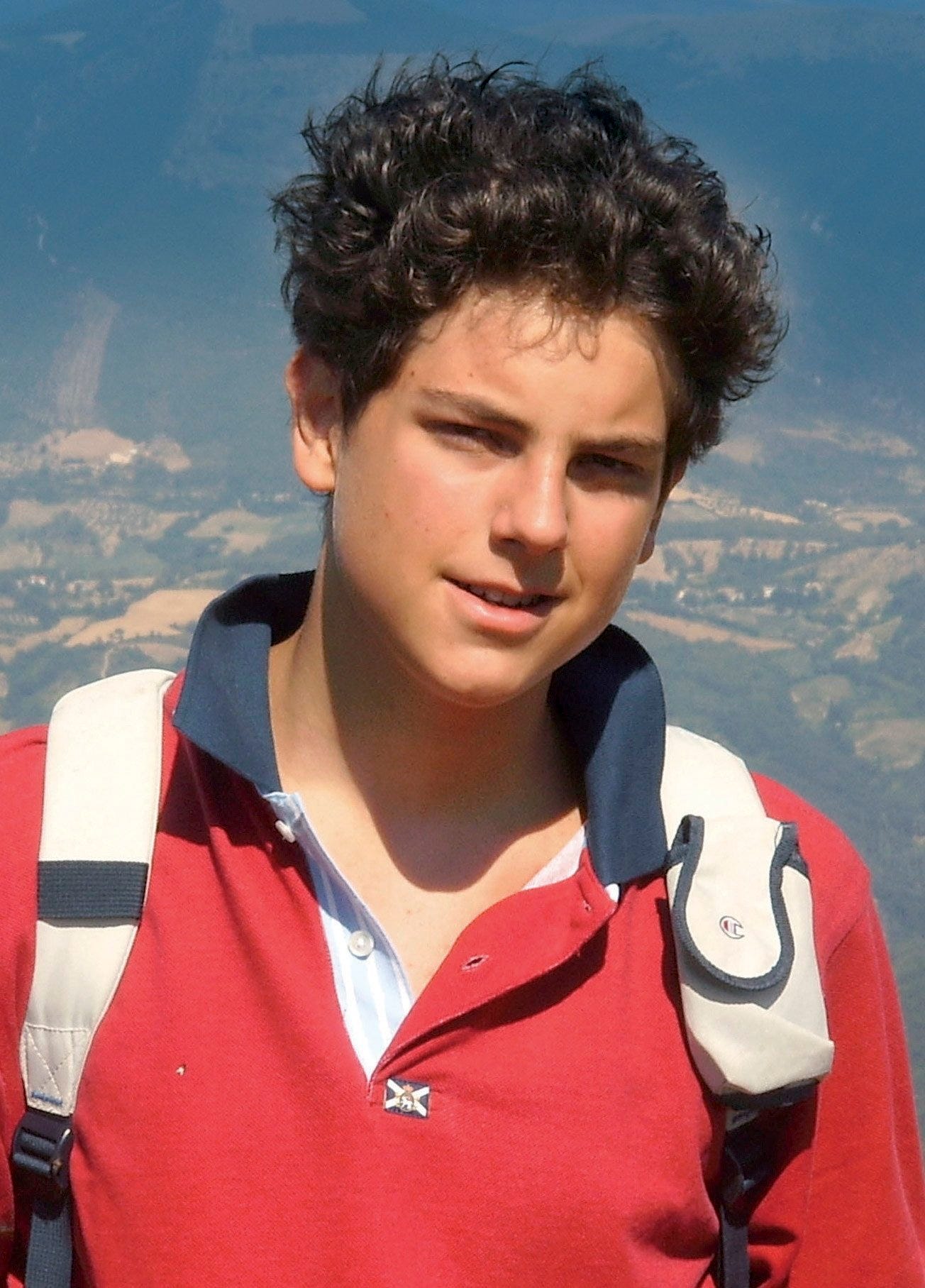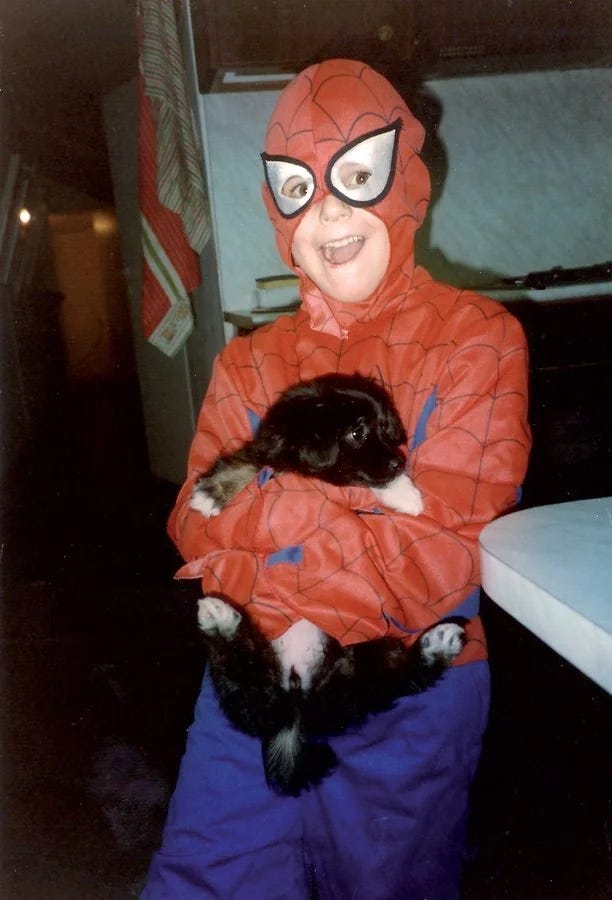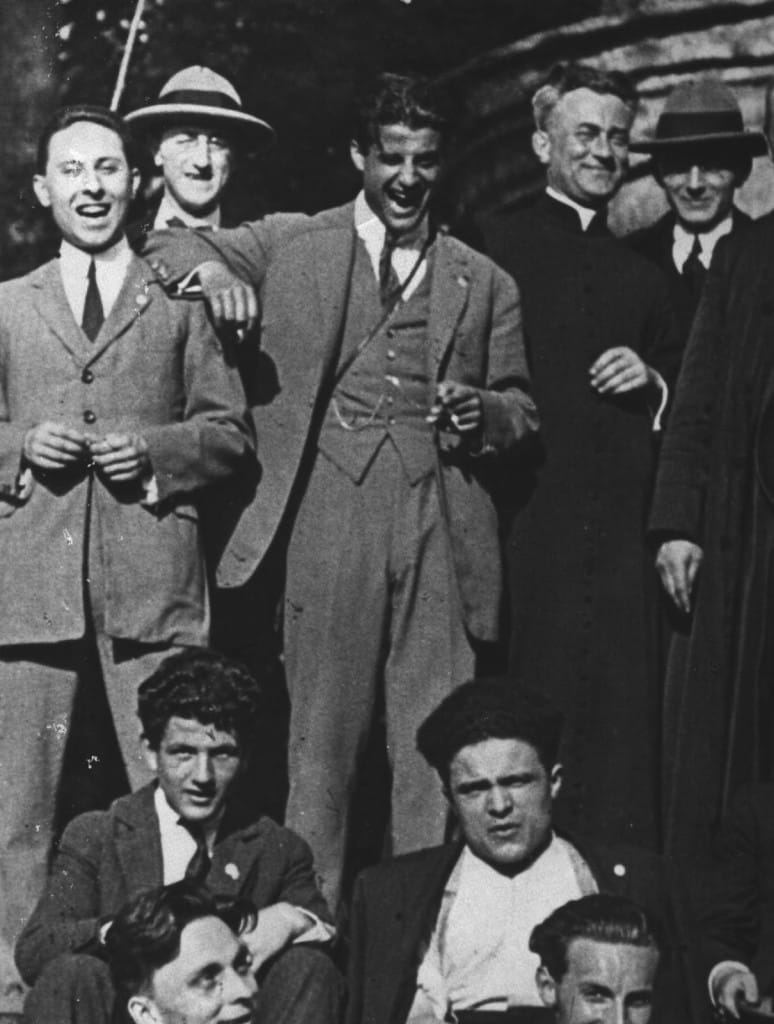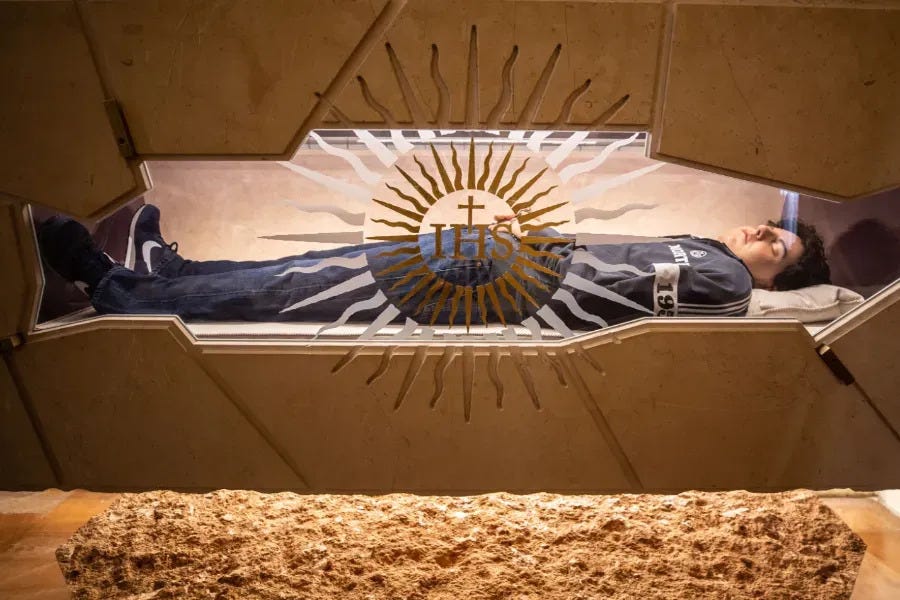Should we Canonize Carlo?
A sober look at the first millennial saint
Carlo Acutis is in heaven. Pope Leo XIV declared it so on September 7.
There is a lot of hype around his canonization, since he is the first millennial (born in 1991) to be made a saint. Online Catholic culture has developed a fanaticism around Carlo. He is billed as the digital saint for the digital generation.
But I want to issue a caution.
The lives of the saints are meant to inspire people to live lives of greater holiness.
And the way we present Carlo’s story might be doing the opposite.
Carlo’s Life and Death
Carlo Acutis was born in London in 1991 to Italian parents and moved to Milan as a kid. In 2006, Carlo was diagnosed with leukemia and died within a week. He was fifteen.
If you've heard about Carlo at a youth conference or on Instagram, you probably know he played video games, made a website cataloguing Eucharistic miracles, and once dressed up as Spiderman.
But if you’re like most, you know little else about his life—particularly the holiness that made him worthy of canonization. A few stories pop up from people who knew Carlo during his short life:
He regularly set aside parts of his own dinner, money, and gifts he was given to bring to the poor.
He explained the faith to his Hindu tutor, and the man eventually converted.
He defended the sanctity of life and abstinence before marriage to the ridicule of his schoolmates.
Many strangers attended his funeral, telling stories about the small ways Carlo blessed them.
Unfortunately, these stories often take a backseat to the fact that he liked modern technology and pop culture. His “modernness” is emphasized more than his holiness. And therein lies the problem.
Where should our focus be?
G.K. Chesterton said, "It is the paradox of history that each generation is converted by the saint who contradicts it most.”
Sainthood is meant to be a contradiction to the world. We ought to focus on the aspects of Carlo’s life that contradict our world.
How did he stand up to his friends when they talked about drugs and sex?
What modern comforts and media did he give up so he could focus on Jesus?
How did he suffer in his last days with extraordinary fortitude and love?
These are the things that make saints attractive. They offer something the world does not give.
That is what is so attractive about saints like Pier Giorgio Frassati, the man who will be canonized with Carlo on September 7. Pier was similar to Carlo: both were from wealthy Italian families, sacrificed their wealth for the poor, embraced suffering, and enjoyed the good things of the world.
But the differences in how they are presented could not be more different.
Pier’s heroic virtue takes the forefront when his story is told. He refused to take medicine and gave it to the poor instead. He went to pool halls and brought those people to Mass. He gave away much of his inherited wealth to the poor. His being a mountain climber and athlete are secondary attributes to his holiness—not the main story.
On the other hand, Carlo’s “worldliness” takes center stage. He’s just an ordinary 21st-century kid.
If we are going to hold up Carlo as a new saint for a new generation, we should emphasize how he was different, not how he was the same as his peers.
I’ve presented young men with both stories—Carlo and Pier, and Pier’s story is met with much more enthusiasm. Because young men—and young people in general—are looking for something different. They’ve seen where a life of endless pop culture can lead. They want something more.
We should preach that sainthood is attainable, but you cannot remain where you are. We need to tell young Catholics that sainthood is only attainable if you let God change you and make you greater.
Because in the end, sainthood is not ordinary. It is not ordinary to suffer well and to be contrary to the world. We don’t need Carlo to be ordinary. We need him to be extraordinary.
"It is the paradox of history that each generation is converted by the saint who contradicts it most.” GK Chesterton
Short answer: Yes. But…
Carlo should be canonized. Please don’t misunderstand what I’m saying. He lived a life of virtue and has performed miracles from heaven. We know that.
But he needs more time before we make him THE example for Catholic youth.
The excitement surrounding his canonization is that he is the first of his generation to be canonized. But will the tagline “first millennial saint” matter much to Gen Z and now Gen Alpha youth? I doubt it.
Our Church so desperately wants to appeal to the young and I fear we are making a crucial mistake: Telling people they can enjoy all the things they enjoy now AND follow Christ fully. But that is simply not the case.
If young Catholics look, talk, and behave like every other young person, there is no reason to be Catholic at all.
So don’t canonize the Carlo that looked like me and every other young person..
Canonize the real Carlo Acutis—the boy who resisted the world and lived heroically.







We don't choose who becomes a saint. The Church recognizes that someone is a saint. Insodoing, they are pointing to a life of holiness worth emulation.
The Church is doing this for Carlo Acutis. I have not seen any rhetoric on the manner you suggest where people point to him as an example of being worldly.
All of the discussions I've seen about Carlo have included his Eucharistic devotion and how he was disciplined in his daily life. Even older and more traditional saints have cults more interested in their aesthetics than their virtue. I initially had the same concerns as you, but I disagree with the waiting period you recommend. Santo subito!